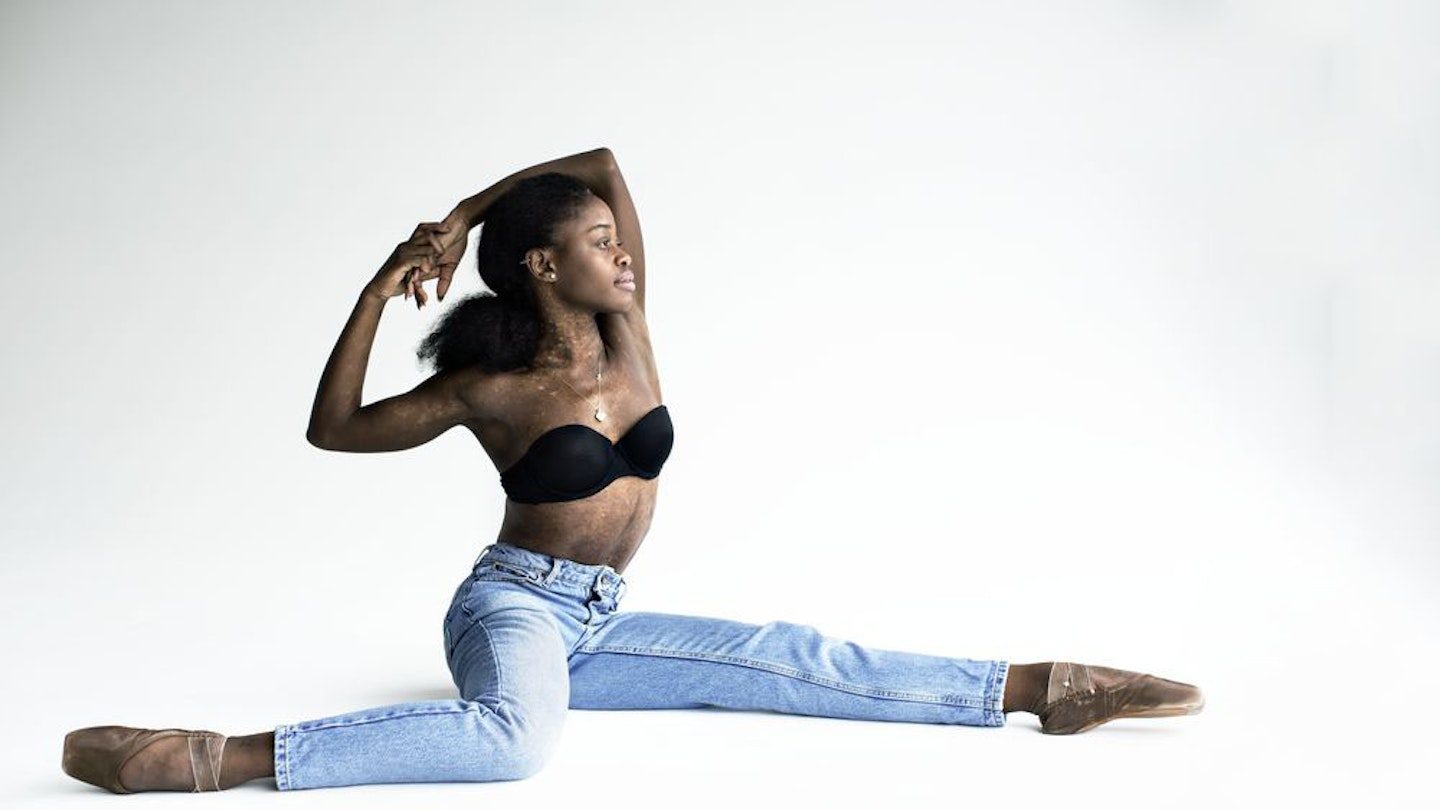‘You cannot be what you cannot see’ – this simple and oft-quoted saying is brought to life in spectacular form in a new book out this month by entrepreneur Edwina Dunn. In a bid to inspire girls to new levels of greatness, Dunn’s The Female Lead showcases interviews with 60 incredible and diverse women from across the world, from firefighters
to film-makers, from Meryl Streep to Britain’s youngest MP Mhairi Black.
Edwina’s aim is to expand girls’ ambitions and, to that end, thousands of copies will be donated to schools across the US and UK (you can nominate a school to receive a copy at thefemalelead.com/order-the-book). Edwina explains, ‘The 60 women in The Female Lead have been leaders in their professions; some have broken new ground for women; some have inspired changes through relentless endeavour. These women were passionate, dedicated, curious, hard-working and often inspired to help other people and change the world for the better, but the notion of being personally “ambitious” did not resonate with all of them. We hope the breadth and variety of passion and accomplishment showcased in The Female Lead book and documentaries will encourage girls to unlock their ambition, on their own terms.’
Here, in a series of exclusive extracts, we hear from five of Dunn’s wonder women...
Michaela DePrince
Prima ballerina Michaela DePrince, 22, was the youngest in history to perform with the Dance Theatre of Harlem
My uncle took me to the orphanage [in Sierra Leone] after my father was shot and my mother starved to death. He knew he’d never be able to get a bride price for me, because of my vitiligo. There were 27 children in the orphanage and we were numbered. Number 1 got the biggest portion of food and the best choice of clothes. Number 27 got the smallest portion of food and the leftover clothes. The aunties thought I was unlucky and evil because of my vitiligo. I was number 27.
I thought nothing good would ever happen to me and then, one day, I found a magazine outside the gate of the orphanage. On the cover was a picture of a ballerina in a tutu. I thought she was a fairy on her tippy toes, in her beautiful pink costume. But what struck me most was that she looked so happy. I hadn’t been happy in a long time. I ripped off the picture and hid it in my underwear.
I was stigmatised as a child and I had to grow up very fast. I couldn’t show my emotions. Being adopted showed me that it was OK to be weak sometimes, that weakness can be a kind of strength. Dancing can be very painful and exhausting, which is why it’s so important to have my family. My parents were able to convince me that all the people I love are not going to die and that, even when they do die, their love will stay with me. They also made me see that it is OK to be different, to stand out. My sister Mia is a part of what I do every day and she and the rest of my family have helped me appreciate important things – it is possible for things to get better; it is a mistake to hold on to the past; you should laugh when you can; and you should look forward to the future.
Meryl Streep
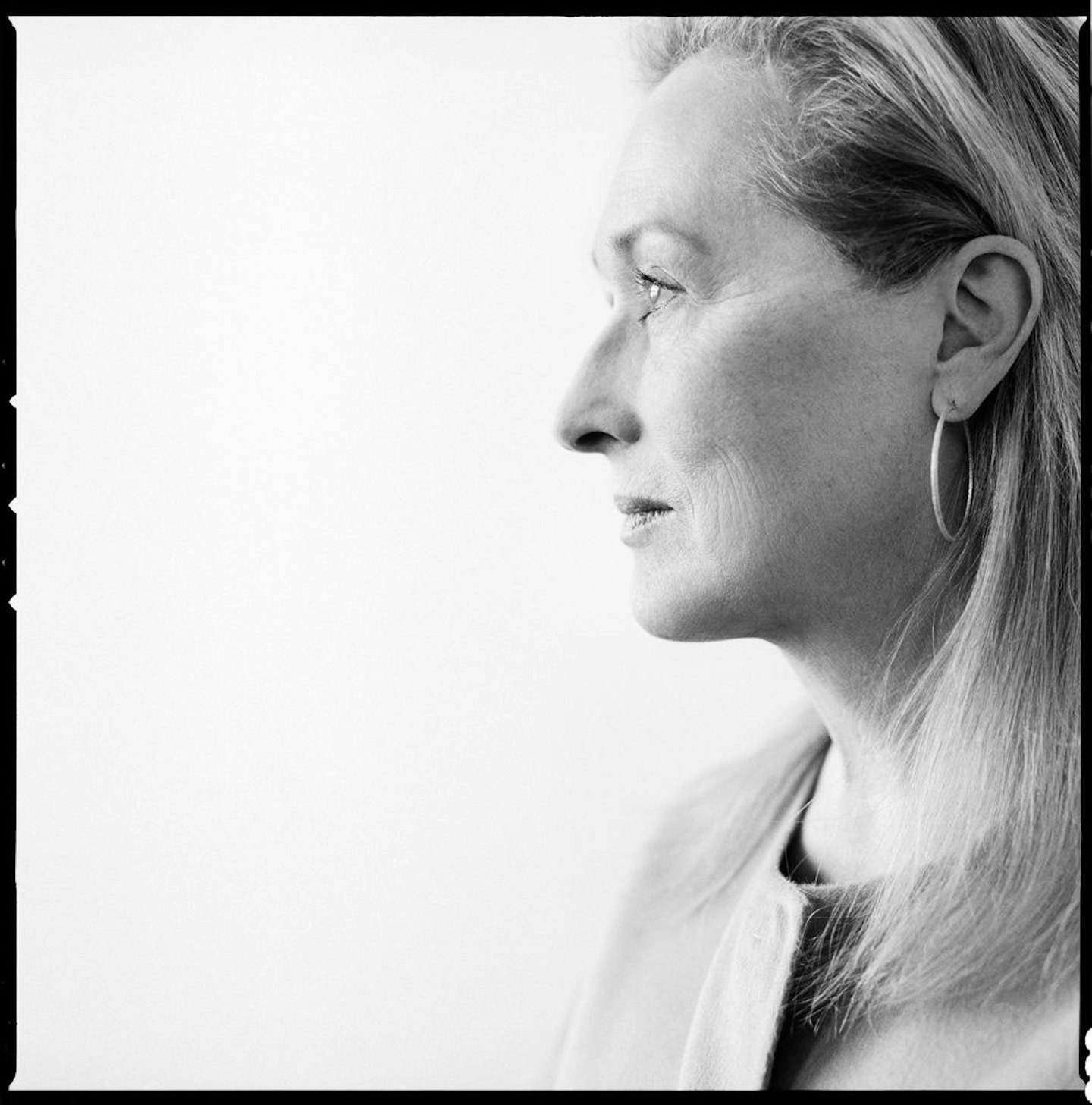
Oscar-winner Meryl Streep, 67, has been called ‘the best actress of her generation’
I grew up in New Jersey, in a suburb of a very small town, and it was my imagination that took me out of my circumstances and enabled me to understand the lives of others in a way I found thrilling, whether through reading or the things I saw on TV. I wanted to be a translator at the UN and help people understand each other. In a way, that’s what I’m trying to do as an actress – to get deep into someone else’s life, to understand what made them feel the way they did and compelled them to move in a direction. I find it endlessly interesting how different we are and how similar we all are.
I spent far too much time when I was younger thinking about how much I weighed. When I think of the man hours – woman hours – I spent on that subject, it was the biggest waste. So if I could go back, I’d say, ‘Think about the bigger picture.’ Of course, it’s a visual medium. We think about our looks. I don’t bring a suitcase with my dossier in it to an audition, I bring my body – so you can’t moan that you’re judged on your looks. It’s showbusiness. But you’re representing lives, and lives look all different ways, all different shapes. That’s one thing
I do see is changing and it’s really good. It just makes the cultural landscape richer.
Christine Lagarde
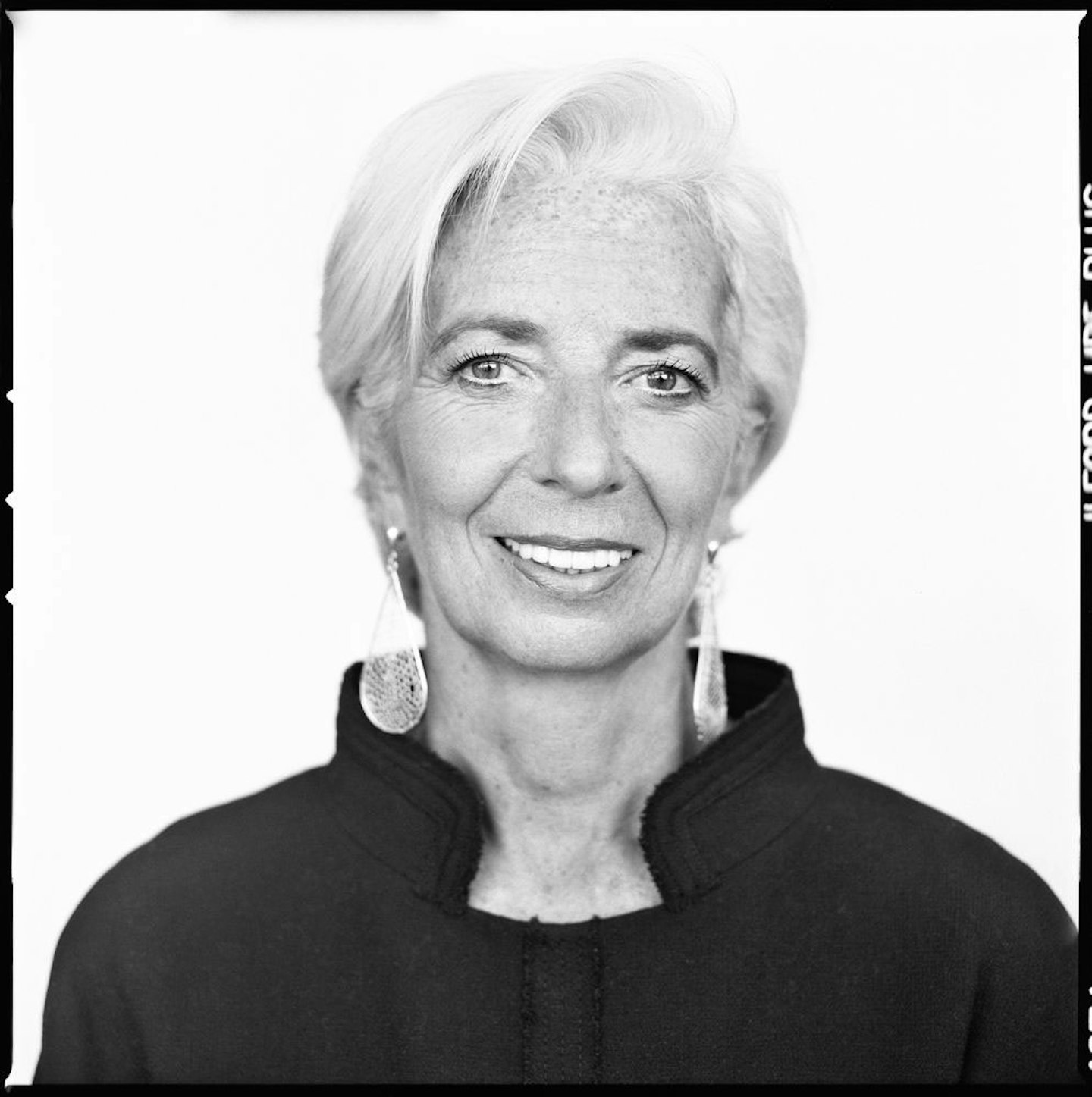
Christine Lagarde, 61, is the managing director of the International Monetary Fund
I was very lucky to have a powerful, independent mother – and a smart father as well! My mother was determined to encourage what she called my natural sense of independence – and authority, on occasion. I was the eldest of four siblings and she did not stop me from being the boss in those days. She delegated quite a bit of authority to me
at the time and I was babysitting the younger boys when I was four or five years of age.
That empowerment from a very early stage has certainly been very helpful to me. Failure is OK. This is not necessarily accepted in all societies or in all civilisations. But success does not come easily and should not be taken for granted. It is very much about hard work, resilience, determination – it is also about teamwork. Helping others, being helped, operating with others on your team is critically important. Some people will not be helpful and some people will want to promote themselves instead of the group. But that is not a reason to assume that you can succeed on your own. Reach out to other women, including more senior women who have succeeded, and ask them for advice, for support.
Ava DuVernay
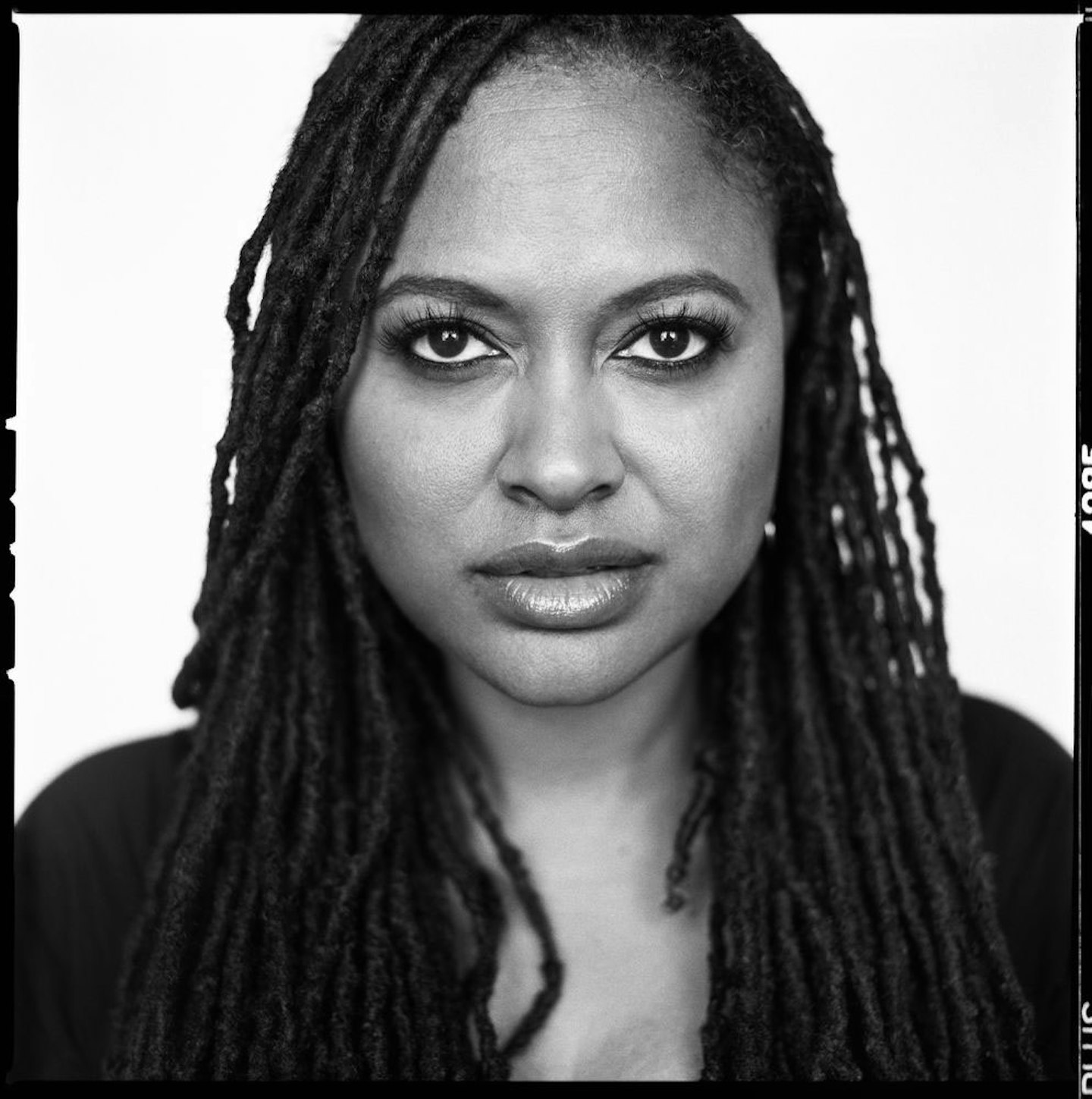
Film-maker Ava DuVernay, 44, was the first black female director to be nominated for a Golden Globe
I grew up in Compton, Los Angeles, California. Most people would regard it as a rough neighbourhood but for me it was a beautiful place. I had an amazing childhood, surrounded by family and friends and happy times. I went to an all-girls Catholic school, and wore a grey wool skirt from first grade to twelfth grade – very fashionable!
At the time I wished that I was in a school with boys but I look back now and realise that attending a single-sex school allowed me to focus on friendships, sisterhood and my studies, which was very important.
I always say the same thing – work without permission. So many of us work from a permission-based place and we don’t even know it. We’re waiting for someone to say it’s OK, to give us a green light, give us money, tell us how to do it, shepherd us through. Some people get lucky, but most of us have to do it for ourselves, and the sooner you realise that, the sooner you step out and begin. Just begin and you will start to find your momentum. That’s a very simple piece of advice, but so often I hear people asking, ‘How do I get started, how do I do this?’ You just start. It won’t be perfect. It’ll be messy and it’ll be hard, but you’re doing something and you’re on your way.
Karlie Kloss
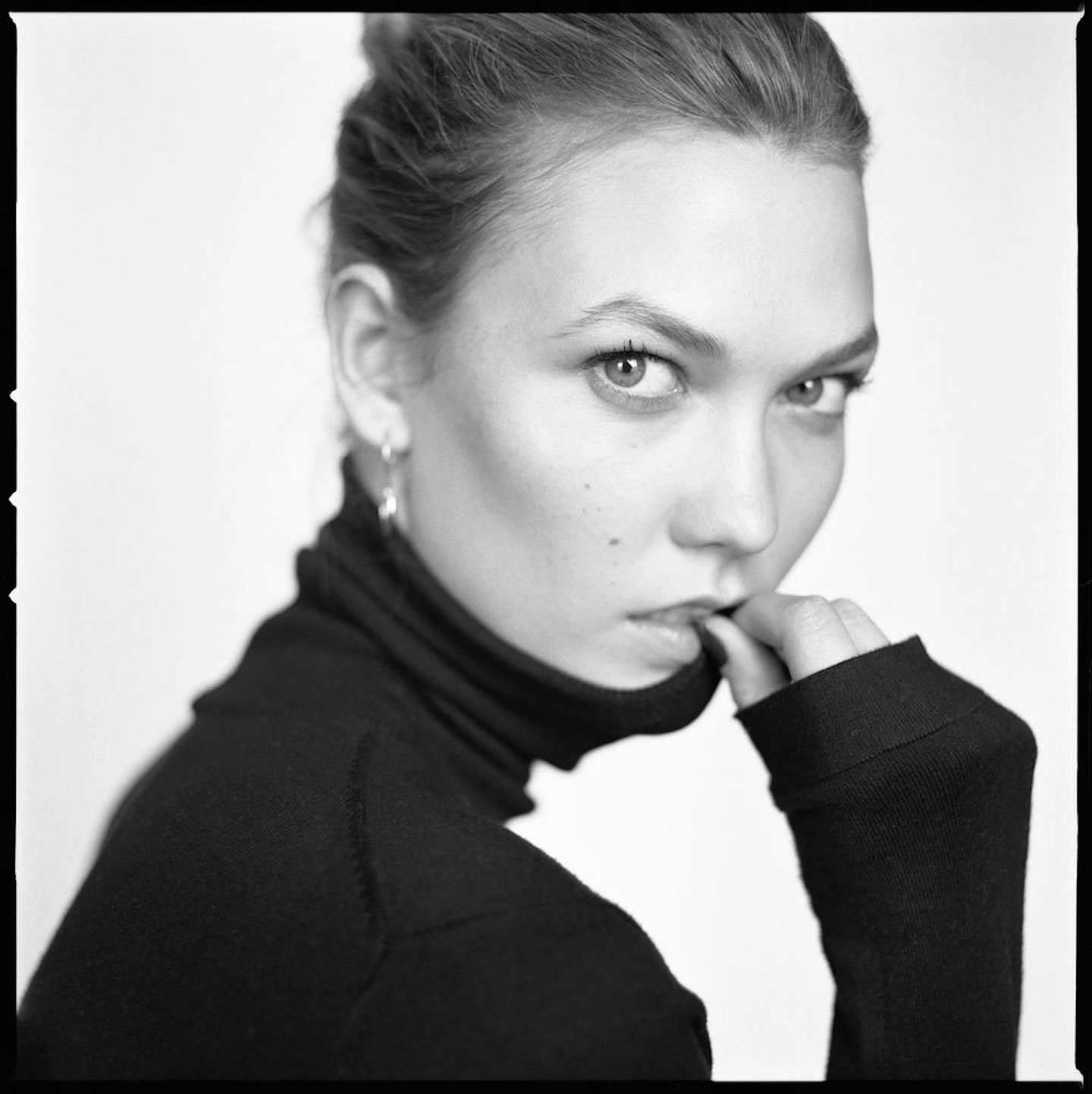
Model Karlie Kloss, 24, is getting girls into coding
Maths and science fascinate me. I’m curious about technology and when I started learning about coding, my eyes were opened to how extraordinary it is and how important it is to learn. I quickly realised that understanding code opens doors, especially for women, and there are so few women in STEM – science, technology, engineering, mathematics. I wanted to excite other girls about coding, and also offer them opportunities to learn. So I put out a video on Instagram to say any girls who are interested in coding, send me a video telling me what you would do with this skill set, and we’ll write scholarships for 20 girls to learn how to code. I’m biased, but I think girls are better at just about everything!
When you’re passionate about something, and you’re really fulfilled on a personal level too, I think it enables you to be more focused and enjoy every other aspect of your life. What enables you to be successful, I think, is when you really love what you’re doing.
‘The Female Lead’ By Edwina Dunn with photography by Brigitte Lacombe (£30, Ebury Press) is out Thursday. To see the documentary or nominate a school to receive a free copy and teaching resource, go to the femalelead.com. #SHESMYINSPIRATION
